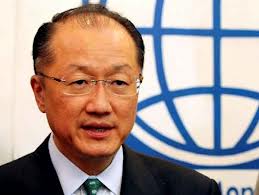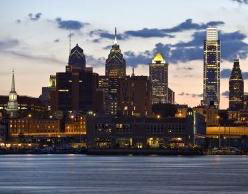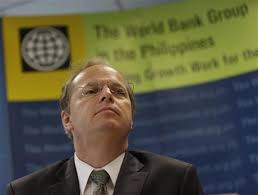[vc_row][vc_column][vc_column_text]
World Bank Group
The World Bank Group comprises five institutions that have their own membership, articles of agreement and governing bodies but work as one in the service of partner countries:
- The International Bank for Reconstruction and Development (IBRD)
- The International Development Association (IDA)
- The International Finance Corporation (IFC)
- The Multilateral Investment Guarantee Agency (MIGA)
- The International Centre for Settlement of Investment Disputes (ICSID)
The IBRD (soon to become known as the World Bank) was set up in 1944 to help
countries that had been devastated by war. Its focus moved from reconstruction to development and particularly the funding of ambitious infrastructure projects. With the birth of the
IFC (1956), private companies and financial institutions in the developing world could take advantage of loan facilities. Four years later, the
IDA came into being with a remit to help the poorest countries. The subsequent founding of
MIGA and
ICSID further improved the World Bank Group’s opportunities to align global financial resources to developing world needs. These five institutions seek out sustainable solutions to reduce poverty and encourage prosperity for all. Their specific mission (target 2030) is to reduce to three percent the proportion of the world population that lives in
extreme poverty. An important aim is to dramatically improve the incomes of the poorest 40 percent of people in all countries. There are currently 189
member countries. The IBRD and IDA constitute ‘The World Bank’ and focus on helping the governments of developing countries. The latter works to help the world’s poorest and the former concentrates on the middle-income countries and the more creditworthy. The IFC, MIGA and ICID help strengthen the private sector in the developing world. The World Bank is funded through its accumulated reserves and money paid in by its members.[/vc_column_text][/vc_column][/vc_row][vc_row][vc_column][vc_column_text]
With more than a billion people in the world living on less than $1.25 per day,
The World Bank has announced a new Low-Carbon Liveable Cities (LC2) Initiative to support developing country
Focusing policies on competitive industries can provide jobs for the impoverished, hungry, restive urban millions As
China and Brazil are both facing a growth slowdown, as compared to the period prior to
Read more
Sub-Saharan Africa is home to nearly half of the world’s usable, uncultivated land but so far
By Axel Van Trotsenburg, World Bank Vice President for East Asia and Pacific If the first
As part of their response to negative shocks coming from advanced economies after the Lehman Brothers’
[/vc_column_text][/vc_column][/vc_row]






















































































